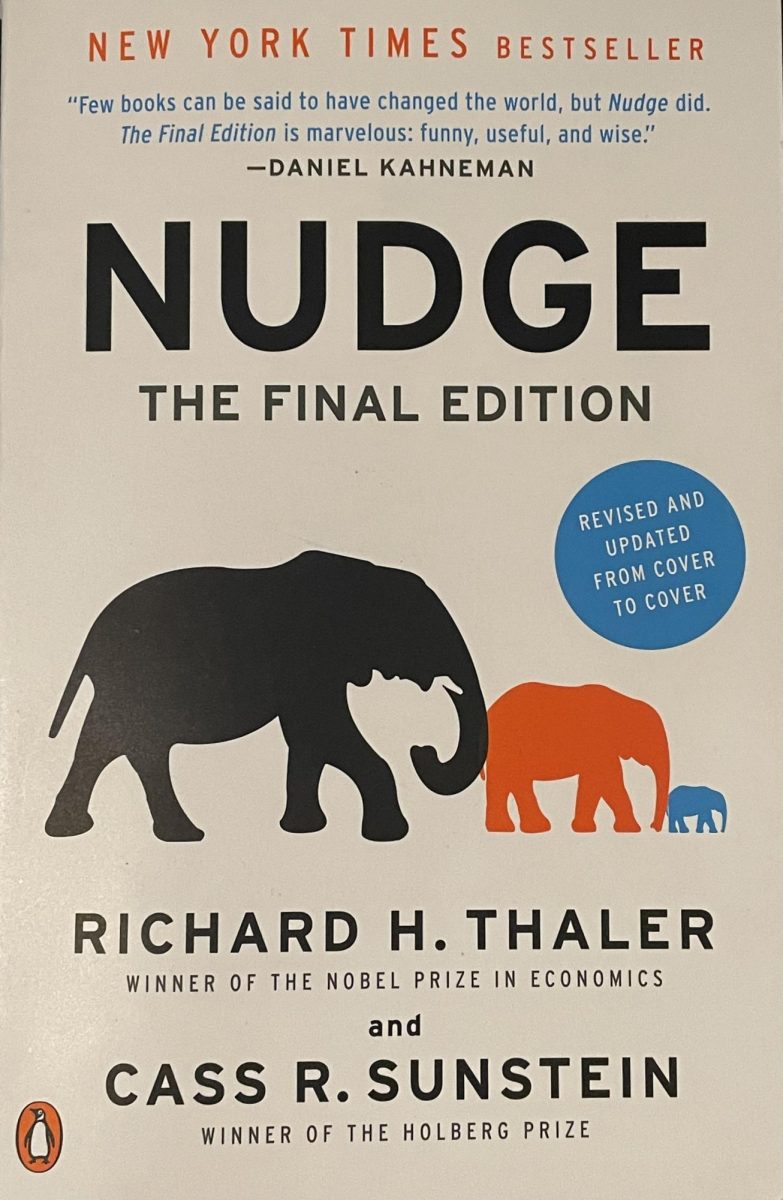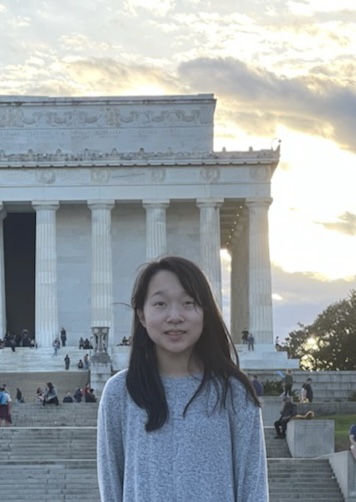Humans are rational creatures, right? Before you answer the question, think about the following scenarios.
Ask yourself whether you think your grades are below, at, or above average. The vast majority would say they are above average, with few admitting that they are below the median. Obviously, this is impossible, as fifty percent of the class must be below the median. This idea of being “above average” can be observed everywhere in anything, from gauging one’s driving skills to rating one’s sense of humor.
Imagine that you’re at a holiday party, and there is a big bowl of nuts and chocolates on the table, everyone is munching on them. Then, the host comes out and takes the bowl away so as not to spoil people’s appetite. Everyone appears not mad but relieved. Why do we feel thankful when choice is taken away from us? Isn’t happiness about having abundant choices?
These are intriguing examples of human biases and blunders from the book “Nudge: The Final Edition,” written by Nobel laureate Richard Thaler and Harvard professor Cass Sunstein. “Nudge” elaborates on how human behaviors can be far from rational. We are all prone to various biases and errors that affect our choices. Through a variety of methods, we can be nudged to make better choices.
In the opening chapter, the book delves into the intricate web of human behavior, exploring the biases and social forces that intricately mold our choices. It details how nudges can be harnessed to foster financial well-being, uncovering the ways in which subtle pushes can steer us towards a path of economic prosperity. Then the focus shifts to nudging for the greater good, as the author navigates the delicate balance between individual choices and societal well-being. It’s a thought-provoking exploration that encourages readers to ponder the collective impact of nudges on our shared existence.
Entering the Lakeside cafeteria at lunch, we are starving. When we see desserts, it’s a lot harder to control our cravings and easier to grab those less nutritious ones. Perhaps we should consider switching around how the food is laid out. Instead of having the desserts before the main entrée, perhaps put them at the end of the food line. We may not be the officials or cafeteria directors, but we’re choice architects in what we write, present, and organize.
As another example, imagine you are leading an initiative for people to attend an assembly together in downtown Seattle. In addition to giving them the data and reason why they should participate, also ask them to look at their schedules and create a plan to get there — carpool, have parents do drop-off, take the bus, etc. In an experiment described in the book, these small nudges made it easier for the subjects to follow through, as they already had a plan and time spot allocated, and in turn, made a huge impact.
All of us can be choice-architects, too. We may not be the officials or cafeteria directors, but we’re choice-architects in what we write, present, and organize. So, use your power to nudge for good!



